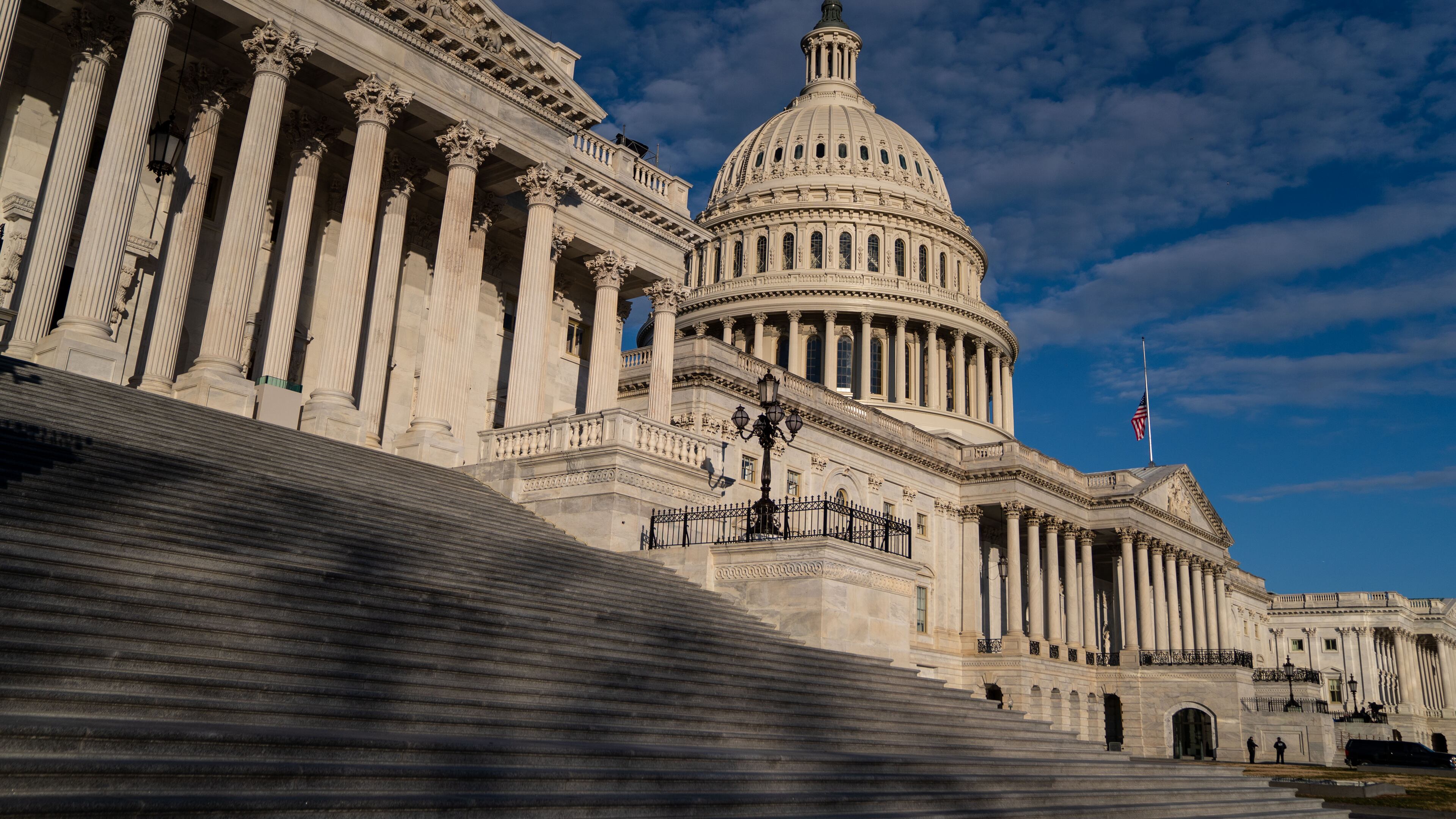Good governance, healing, safety needed now

Twenty-five years ago, the FBI was laser-focused on domestic terrorism, especially in Atlanta. Why Atlanta? Because the 1996 Centennial Olympics were coming to town, and extremism in America gravely concerned law enforcement.
Just a year before the Summer Games, Timothy McVeigh had bombed the Murrah Federal Building in Oklahoma City, killing 168. For 17 years, Unabomber Ted Kaczynski had been terrorizing the country with his serial bombing. He was finally arrested just three months before opening ceremonies.

Both men, and many thousands of Americans like them, held frighteningly extremist views and urged violence as a solution to what they perceived as society’s ills. At the time, I was the U.S. Attorney in Atlanta. Along with many others, I fretted that a domestic terrorist might strike the Games.
One did. Eric Rudolph, a racist, homophobic, anti-Semitic, and anti-government extremist.
Rudolph went on to attack three more times: an abortion clinic and the Otherside Lounge in Atlanta, then another abortion clinic in Birmingham, Alabama. A thorough law enforcement investigation later revealed he had no real history of expressing anti-abortion views. The clinic attacks were ruses Rudolph used to attract and kill law enforcement officers. Ultimately, he murdered one policeman and injured well over 100 other officers and civilians, many seriously.
In 2003, law enforcement finally captured him. At the time, Rudolph still had over 300 pounds of dynamite at the ready for more attacks. Now, he is serving a life sentence in the federal Supermax penitentiary in Colorado.
Unfortunately, Rudolph’s philosophy of hate remains more relevant today than ever, as I learned from him firsthand.
While coauthoring a book focused on Richard Jewell, the Olympic bombing and Rudolph, Kevin Salwen and I took a deep and horrifying look at the underpinnings of Rudolph’s thinking. We wrote to him in prison, asking a series of questions. Among them, What were his views on President Trump? Four years ago, on January 27, 2017, Rudolph replied succinctly.
“Trump is less important than the populist-nationalist sentiments he’s tapping into, the same sentiments I was tapping into back in the day. Will he be able to roll-back the leviathan of liberalism before it swallows our civilization? I hope so; I truly do. But if the Left thwarts him at every turn, there will be civil war in the country.”
These haunting words or ones like them could easily have been penned by hundreds of attackers who recently terrorized our nation’s Capitol.
So, for anyone believing that President Trump created the hateful thinking behind the domestic terrorism we now face, that’s just not so. But as Rudolph said, the President had indeed, for some time, been tapping into an ugly and dangerous segment of America that percolates and stews just beneath the surface of civil society. Occasionally in years past, Rudolph-like extremists have erupted, with tragic results. Just ask any of the families and surviving victims of the Oklahoma City bombing, the Unabomber attacks and other tragedies, as well as the Olympics bombing.
Most recently, Trump and some like-minded leaders in Washington used inciteful and extreme us-versus-them language which, even if not by design, helped open a fissure through which the January 6 violence in Washington spewed. Words matter. Leadership matters.
I hope new sensibilities in Congress on the Right and the Left will be born from the attack on the Capitol and the commencement of a new administration. Our elected officials in Washington must start to stoke safety, healing and good governance with their language and actions, not divisiveness and toxicity.
Unless that happens, I fear domestic terrorists in our midst will continue to feel emboldened to commit yet more acts of violence. Worse yet, Eric Rudolph’s predictions of a civil war could well become a reality.
Kent Alexander served as U.S. Attorney from 1994-97. He wrote Richard Jewell’s clearance letter and co-authored the book “The Suspect.”
More Stories
The Latest

